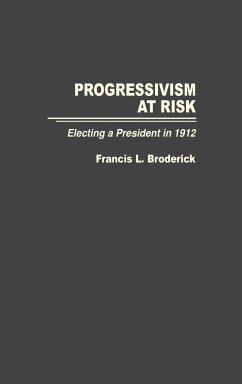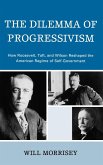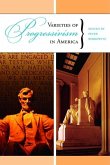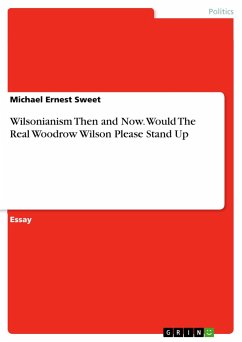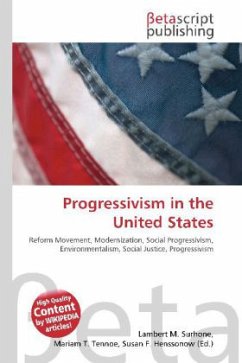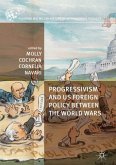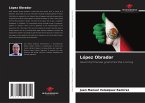Broderick covers the ballyhoo and intrigue of the 1912 presidential campaign with remarkable evenhandedness and realism. He views the race for the White House from the vantage points of the Wilson, Roosevelt, Taft, and Debs camps, and analyzes their strengths and weaknesses accordingly. The book emphasizes the variety of choice offered to the progressive voter in 1912. . . . Broderick makes his points with great clarity and persuasiveness, as well as with detailed examples and anecdotes. This book offers fresh insight into an oft-covered campaign year. Choice The presidential election of 1912 was critical in American history, defining not only the Progressive Era, but setting domestic political standards that remained implicitly or explicitly influential until the second Nixon administration. The election campaign dealt with the central issue of Progressivism: How could the United States develop a strategy for orderly social change in a new economic order created by large-scale industrial capitalism? However, in the face of an acknowledged need for reform, there was little agreement on what reforms were desirable. Broderick provides an in-depth picture of the personalities and issues involved in this crucial election. He shows how the four presidential candidates--Roosevelt, Taft, Debs, and Wilson--sought votes for their solutions. In addition to battling each other, the author contends, the candidates struggled for dominance within their own parties. Broderick also considers the influence of Elihu Root, Robert M. La Follette, William Jennings Bryan, Charles Murphy, Champ Clark, and a dozen other political leaders who left their mark on the drama of the campaign of 1912. In conclusion, he demonstrates how, while Wilson won the office, Roosevelt won the debate and shaped the future. This history of an election unique in American politics will be welcomed by political scientists, historians, and the general reader.
Hinweis: Dieser Artikel kann nur an eine deutsche Lieferadresse ausgeliefert werden.
Hinweis: Dieser Artikel kann nur an eine deutsche Lieferadresse ausgeliefert werden.

